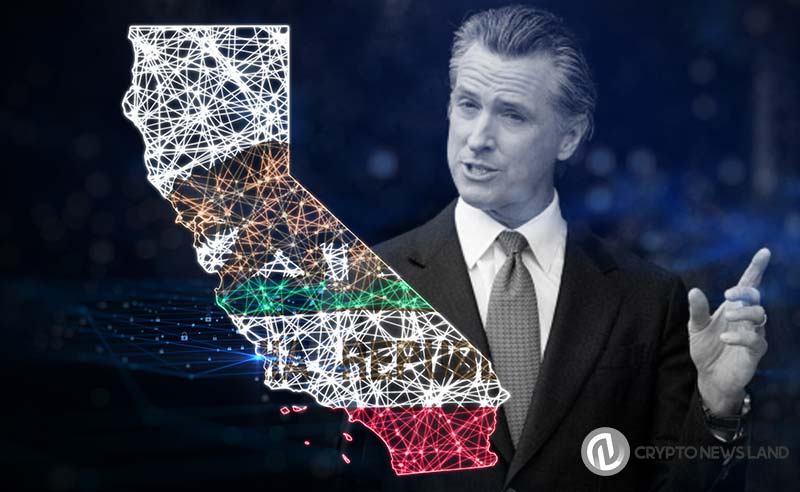- Gavin Newsom rejected a crypto licensing and regulatory measure.
- He signed 21 bills addressing subjects relating to traffic signals.
- California is the first state to establish a transparent regulatory environment for responsible innovation.
On Friday, California Governor Gavin Newsom (D) rejected a crypto licensing and regulatory measure considered as a possible West Coast equivalent of New York’s “BitLicense.”
Assembly Bill 2269, introduced by Assemblymember Tim Grayson (D), would have established a licensing regime for anybody wishing to assist crypto transactions, similar to how the Money Transmission Act now oversees money transfers. It was one of eight laws vetoed by Newsom on Friday.
He also signed 21 other bills addressing subjects relating from traffic signals to cybersecurity to infrastructure considerations.
Over the last few months, my Administration has performed considerable study and outreach to seek input on alternatives that balance consumer advantages and risks, comply with federal regulations, and include California values like fairness, inclusiveness, and environmental preservation.
Gavin NewsomNewsome further stated that the new licensing and regulatory framework will necessitate a multimillion-dollar loan, which has not been budgeted for in California.
Garvin Newsom issued Executive Order N-9-22 on May 4, 2022. This positions California as the first state to establish a transparent regulatory environment that fosters responsible innovation while also protecting consumers who use digital asset financial services and products. All within the context of a rapidly evolving federal regulatory picture.
“A more flexible approach is required to guarantee regulatory supervision can keep up with quickly emerging technology and use cases and is customized with the appropriate instruments to address trends and reduce consumer damage,” said Newsom in his letter.
